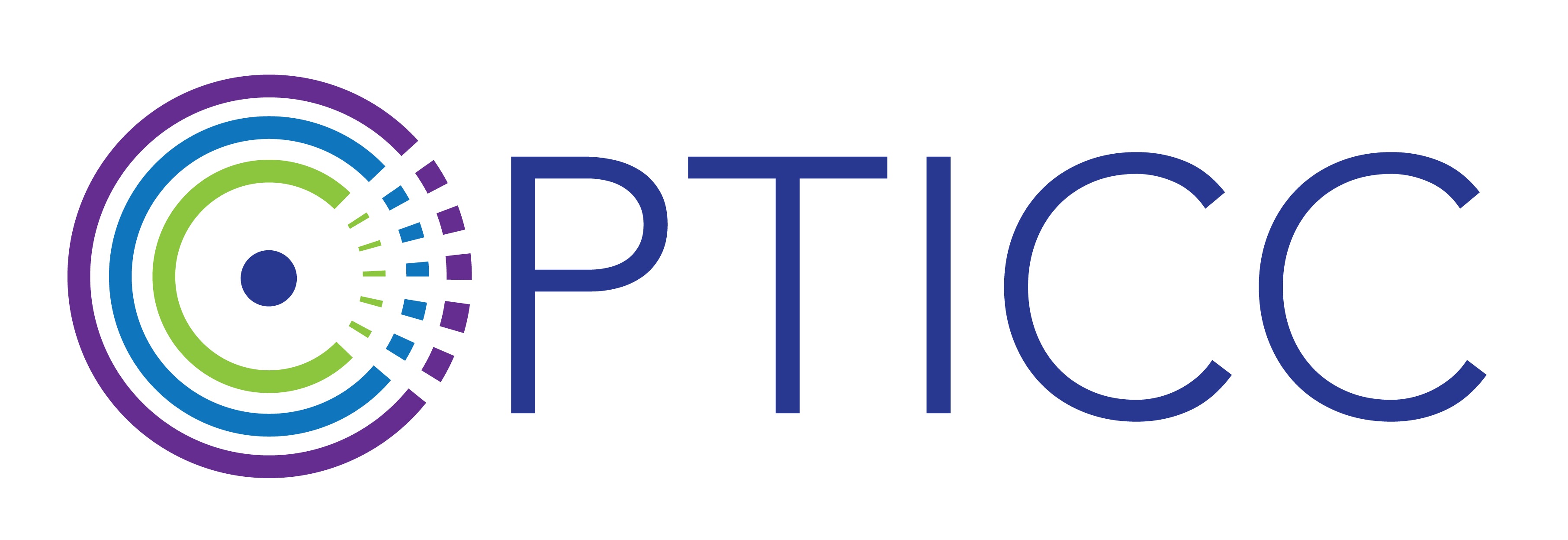A staged approach to implementing hereditary cancer risk assessment guidelines for large-scale testing
Pilot Study 2 co-leads Knerr and Tuzzio partnered with Kaiser Permanente Washington to identify promising strategies for implementing hereditary breast cancer risk assessment guidelines. Current clinical guidelines recommend routine ascertainment of individuals who are at increased risk of hereditary breast and ovarian cancer in order to facilitate timely access to counseling, testing, and risk-management. In spite of this expectation, approximately 80% of eligible women have never discussed genetic testing with a health professional.
This study leveraged an existing implementation effort in Kaiser Permanente Washington to increase access to cancer genetic services. Using OPTICC Stage I and Stage II methods, Pilot Study 2 matched implementation strategies to high priority determinants for routine hereditary cancer risk assessment and delivery of genetic testing, and evaluated a staged, stakeholder-driven approach to program implementation planning.
This study generated usable knowledge for optimizing program implementation while testing the acceptability, feasibility, and usefulness of Stage II methods with stakeholders.
Implementation Science Knowledge Gained
Prioritized barriers and promising strategies to implement hereditary breast cancer risk assessment guidelines for large-scale testing.
Research Team


The research team used both Stage 1 methods and Stage 2 methods. Stage 1 methods included a rapid literature review of barriers to HCRA implementation; a one-hour virtual workshop presenting HCRA barriers to stakeholders, who then added and edited barriers based on personal experience; and an asynchronous REDCap survey wherein stakeholders rated HCRA barriers on two criteria: (1) influence on implementation and (2) persistence over time in the health system. Stage 2 methods included using the CFIR-ERIC Matching Tool to identify possible implementation strategies that could address highly-rated barriers; an asynchronous REDCap survey wherein stakeholders rated those implementation strategies on two criteria (potential effectiveness and workability in the health system); the creation of causal pathway diagrams (CPDs) for the top barrier-strategy pairs; and a one-hour virtual workshop wherein stakeholders discussed and refined CPDs based on personal experience.
The research team identified 173 barriers through the rapid literature review. They removed or combined 149 of those barriers and presented 24 barriers to stakeholders. The stakeholders added a barrier to the list and removed two barriers. They then prioritized the 25 barriers in terms of persistence and impact. The top 3 barriers were: (1) modifying information technology systems requires funding and programmer support, (2) genetics capacity might not support expanded HCRA, and (3) family history is an imperfect predictor of inherited cancer risk and is poorly remembered. The research team matched the top 3 barriers with 5 expert-recommended strategies. Stakeholders prioritized 15 barrier-strategy pairs based on potential impact and workability. The research team then identified the top 4 barrier-strategy pairs (see Table). The CPD appears below for the second barrier listed in the table.

